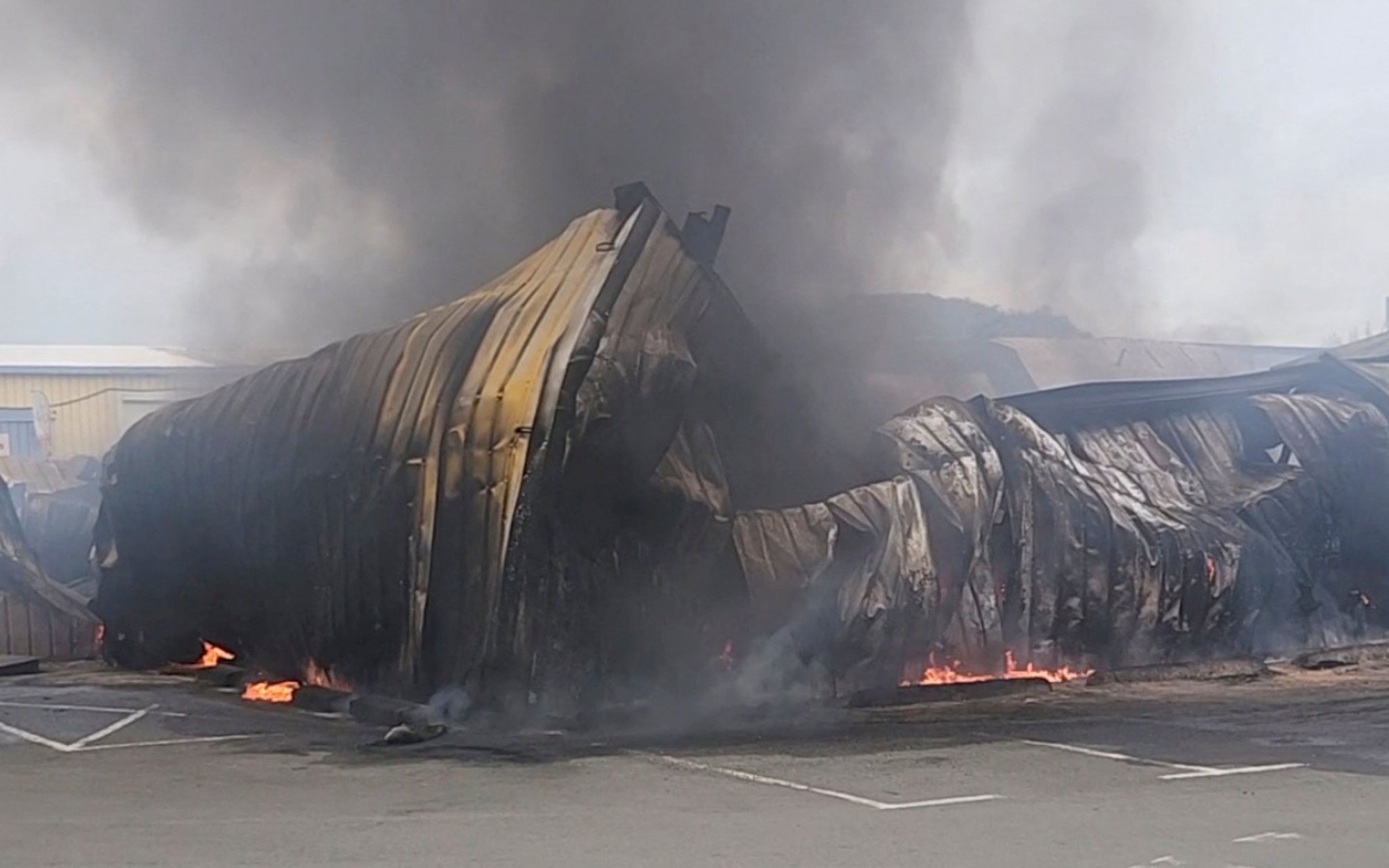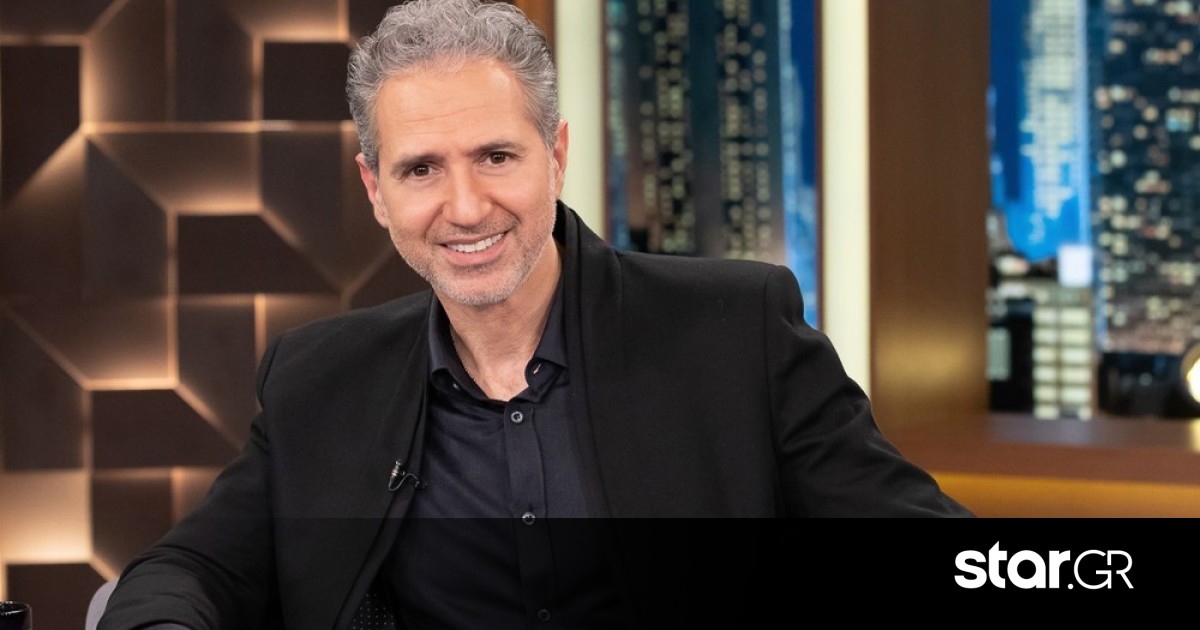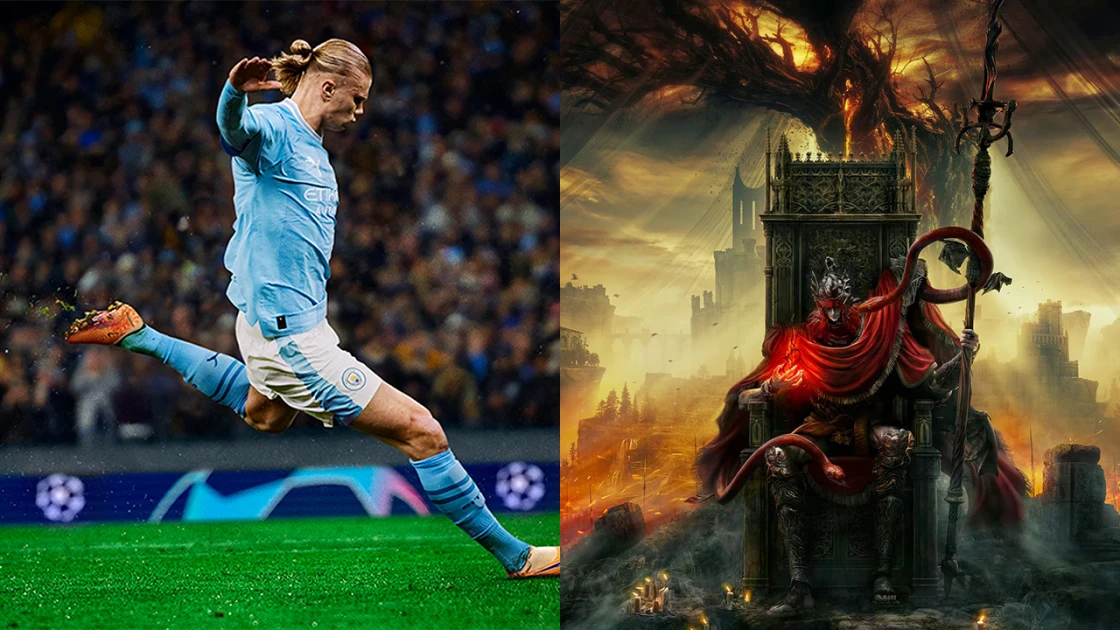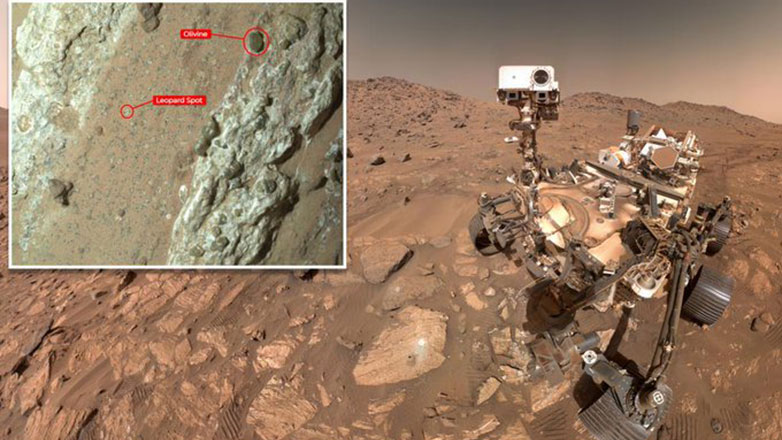
The theory of chaos has been reflected in the territory of New Caledonia since the beginning of the week. The adoption of legislation in France by Emmanuel Macron’s government, like another flap of a butterfly’s wings, caused a huge wave of reactions on the Pacific island, not just a barrage.
The Australian consul in New Caledonia admitted: “In the past two days we have witnessed acts of violence on a scale we have not seen in thirty years.” He pointed out that it was “the end of a peace that lasted thirty years.”
Already four dead as a sad development of armed clashes between local demonstrators and repressive forces. Three of the victims were young civilians (two men and a woman) and the fourth was a 24-year-old on-duty police officer. French Interior Minister Geral Darmanin said of the officer’s killing: “He took off his helmet to speak and was shot in the head.”
According to reports, the rebels are armed with rifles and a large number of cartridges.
History of New Caledonia
Although the distance from Paris to the capital, Noumea, exceeds 16,700 kilometers and the flight time reaches 24 hours, the mantata traveled very quickly to the other side of the world. Mama France saw fit to proceed with a constitutional review of the electoral process in New Caledonia and the indigenous people revolted.
The island, with an area of 18.5 square kilometers (twice the size of Crete) and a population of 270,000 (twice less than Crete), is one of France’s overseas possessions in the world. It is also one of the most remote areas in the European Union.
Historically, New Caledonia was a piece of land that separated from New Zealand, and much later, only in 1774, was discovered by James Cook. The British navigator chose this name because it reminded him of Caledonia in Scotland.
The French annexed New Caledonia as a colony of their empire in 1853, as one of five islands between the Indo-Pacific Oceans that were seized by Admiral Febrier Despoyns, before in 1946 they established the status of an overseas territory. They essentially granted the right to semi-autonomy to this day – bleak, ambiguous and highly controversial – as white settlement gave rise to various problems, social divisions that had existed for years, and exploitation of the local population.
What is New Caledonia?
North Carolina is a French overseas territory, colony. The riots were sparked by the pro-independence movement, which is largely made up of indigenous people 🇳🇨.
🇫🇷 Soldiers are now being sent to the island’s ports and airports. https://t.co/dOME2OAdEE pic.twitter.com/6kmJKAUjTz
— Fianna for Pride Century 🏳️🌈🍉🇳🇨 (@Fianna_Saoirse) May 16, 2024
Naturally, throughout these decades they maintained absolute control, although independence movements were born from time to time, primarily at the hands of members of the Kanak tribe. This ethnicity constitutes 41.2% of the total population, based on the 2019 census, and requires self-determination, in contrast to the 24.1% of the “European community” that resides on the island and maintains close relations with Paris.
Martial law and TikTok ban
Such a combustion has been active since last Monday, when the volcano of anger ignited against mother France.
Macron’s government submitted to the French Parliament for a vote a clause that abolished the Noumea Agreement (signed in 1998 after a long dispute) and granted the vote to more non-indigenous people. Until recently, the constitution stipulated that voting in provincial elections was limited only to those who resided on the island before 1998.
Now, even those who have completed a decade in New Caledonia will have the opportunity, and as a result the structure of electoral lists will change radically.
This legislative initiative was taken as an attempt to further intervene in order, on the one hand, to strengthen the French presence in the archipelago (while the Chinese and Americans retained their own geopolitical stake) and, on the other hand, to limit the power of the indigenous population who eventually flocked to the streets to protest. Riots and violent clashes came as a result of all this.
The French government claimed that this was a necessary change to democratize the process. That is why “violence will not be tolerated,” said French Prime Minister Gabriel Attal, even signing a decree declaring New Caledonia in a state of emergency for twelve days.
🇫🇷🇳🇨 France imposes a state of emergency and bans the “Tik Tok” application in its colony of New Caledonia!
France deployed forces at New Caledonia’s ports and its international airport, banned the TikTok application and imposed a state of emergency on Thursday after three nights of clashes that left four people dead and… https://t.co/vi6GIU8oo8 pic.twitter.com/FfVNuw5t4c
– Lord Bebo (@MyLordBebo) May 16, 2024
According to critics of the French government, this is the imposition of harsh martial law that reduces freedoms. Other measures were taken (traffic bans, house searches, etc.). Among them is a ban on the use of TikTok in order to prevent the recurrence of mass protests through related posts, as happened last summer in mainland France, according to the authorities.
In any case, Attal added, “it will allow us to develop the necessary means to restore order.”
There are already 1,800 soldiers and police on the Pacific island, and they will be reinforced by 500 more. It is said that the repressive forces cumulatively outnumbered the demonstrators.
A new attempt at independence
New Caledonia’s most powerful pro-independence group, the Kanak Socialist Front for National Liberation, which led secession referendums that failed to pass, said it was open to dialogue with Paris. It is sufficient, of course, that it leads to a new agreement that “will pave the way for liberation.”
A Noumea resident told Reuters that he was detained to respect the nighttime curfew. He added that he is very afraid for his family, admitting that he carries a gun when he goes out of the house during the day. “I don’t see how the country can recover,” he said, siding with the authorities, not the protesters.
Based on official figures, more than 140 people have been arrested, while at least 60 militia members have been injured in the clashes so far.
“A lot of fire and violence” was the sad image conveyed by a resident of the capital, likening the state of panic to that which prevailed during the epidemic.
France has declared a state of emergency in New Caledonia and hopes to have full control of events “in the coming hours” after a third night of riots that left four people dead amid anger over a disputed electoral reform. https://t.co/zDn6x8NAqg pic.twitter.com/rVEgWDEJJU
– Reuters (@Reuters) May 16, 2024
Wealth, nickel and poverty
Today, New Caledonia is the third largest nickel producing country, possessing 25% of the total resources worldwide. A very valuable metal.
It is also considered one of the strongest economies in the South Pacific region, behind only Australia, New Zealand, and Hawaii. The per capita income reaches 35 thousand dollars.
Despite this, according to international organizations, one in five of its citizens lives below the poverty line, without work or access to basic necessities. Constantly erupting, reacting, and demanding. Especially young people.

“Hipster-friendly coffee fanatic. Subtly charming bacon advocate. Friend of animals everywhere.”





More Stories
2024 Olympics: What does the rider who crossed the Seine symbolize (video)
He is the “Hitler of our time.”
Woke Agenda: Infuriates Elon Musk, Burns Politicians, Targets the Secret Service